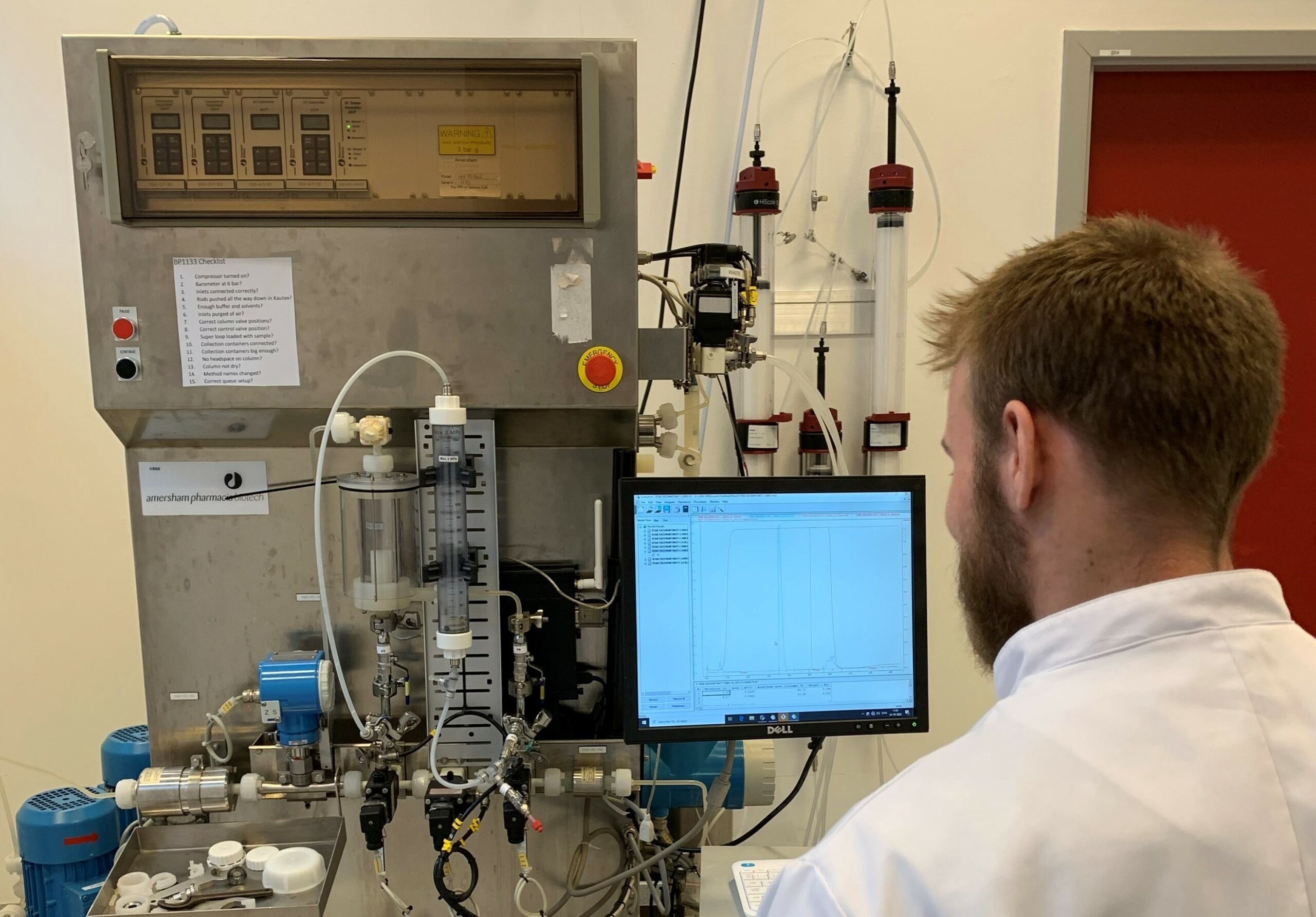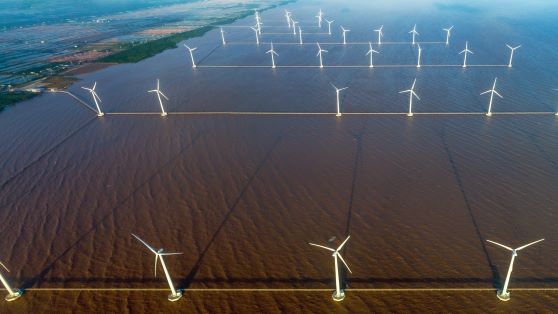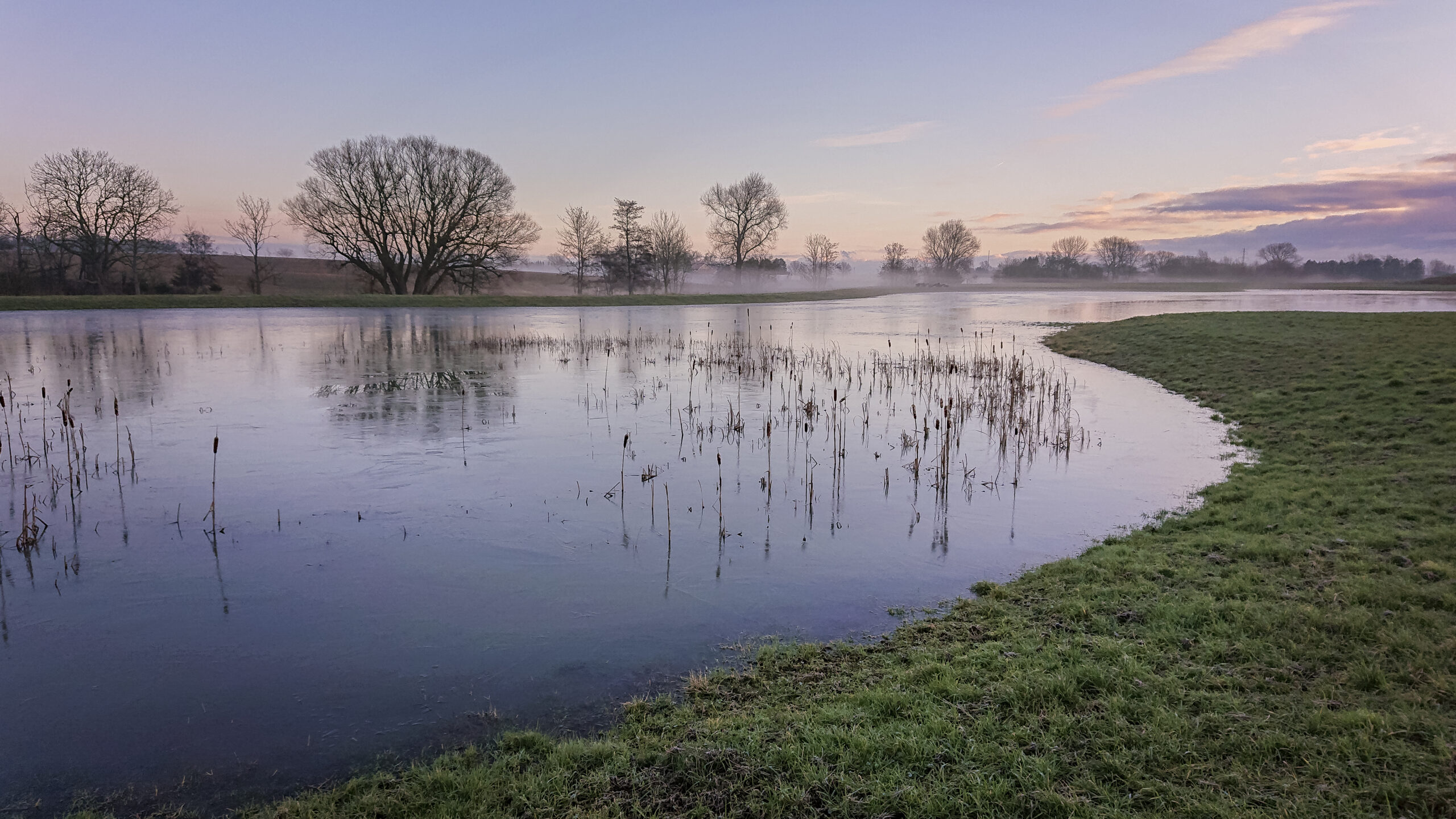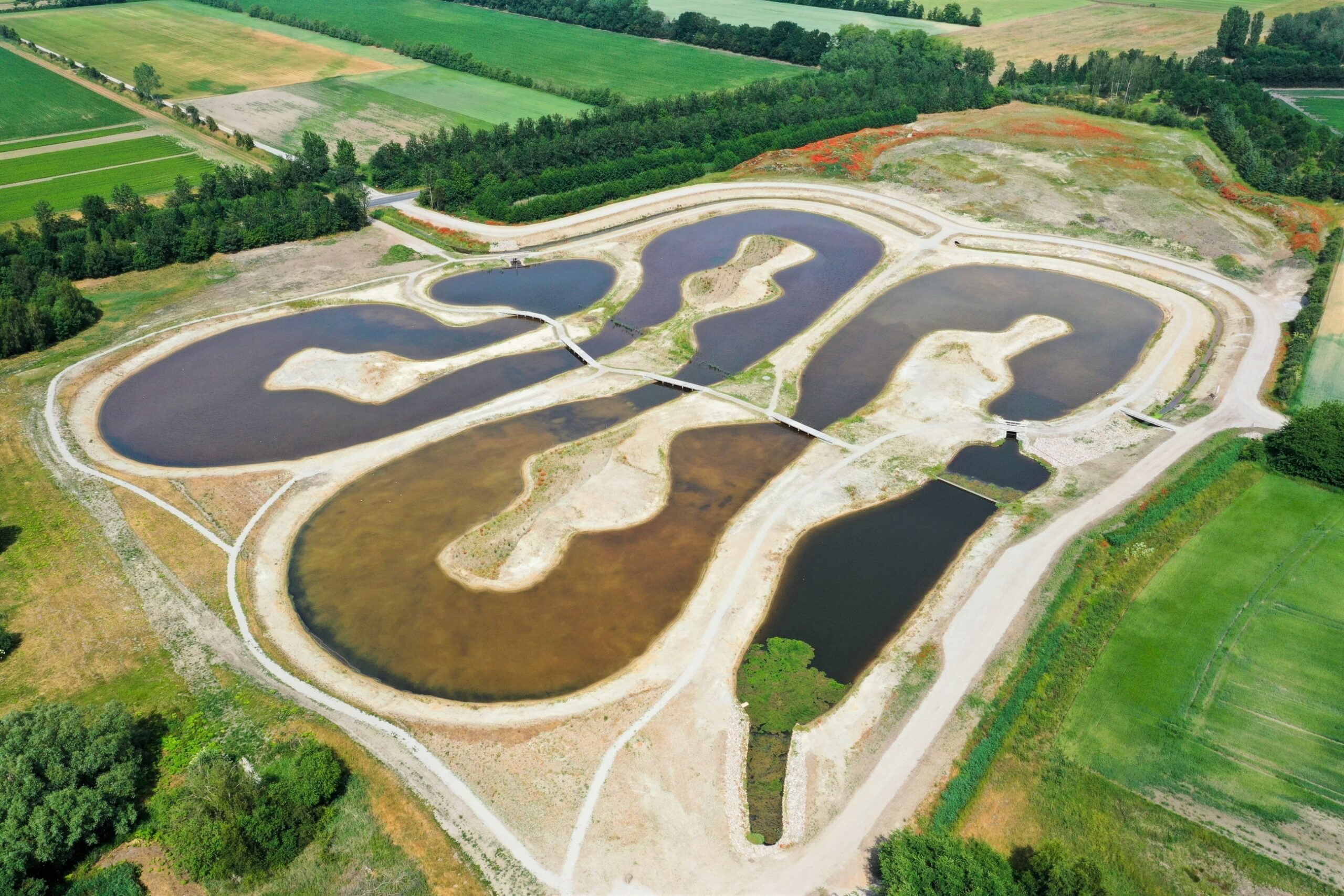News
Air pollution
Climate change adaptation
Flood prevention
+5
Danish Solutions Delight Chinese Urban Planners


The DI-operated Danish Cleantech Hub in Shanghai co-hosted the 'Sino-Danish City Dialogue: Sustainable and Innovative solutions for Urban Development' event with China Academy of Urban Planning and Design and the Danish Consulate. During the course of an inspiring day, more than 100 invited stakeholders attended to listen and share experiences, and the event has caught the local media’s attention. News related to the Copenhagen and Aarhus solutions has been viewed by more than 100.000 people on Sina.com.
Leading Shanghai Radio editor Qian Yu commented that “All the Danish cases are great inspirations. At the end, citizens are the users of the city solutions. The Chinese decision makers shall not only learn the technologies and solutions, but also the Danish mechanisms that engage with citizens.”
- Related news: Historic Visit: China's Energy Minister Visits Denmark
Danish Solutions in a Chinese Context
The motivation for the event was to promote public private partnerships and city to city dialogue – particularly the sharing of experiences between the largest cities in Denmark and China’s commercial engine, Shanghai. There is a real desire in China for adopting Danish planning and management tools toward sustainable urbanization and livable cities.
Jørgen Abildgaard, Head of Department City of Copenhagen pointed out that “At a global scale, all cities are facing similar problems. The best and most efficient way is to invite experts to share their best practices. Like Copenhagen has adopted solutions from other counties. And we do believe that by working with the Chinese experts, we will find the most suitable solution within the Chinese context. “
The showcase of St. Kjeld Climate District presented by Lykke Leonardsen, Program Manager, City of Copenhagen, Aarhus City Harbor Project by Thomas Mikkelsen, Project Manager, City of Aarhus and the Rambøll Bishan Project by Leonard Ng, Regional Director, were highly endorsed by the Chinese participants. These best practice cases showed that through accurate data modeling calculations, design thinking and a people-oriented perspective, uncontrolled flooding can be prevented, polluted seashores can be turned into attractive green residential areas and nature life and city life can co-exist.
- Related news: China and Denmark sign MoU at Clean Energy Ministerial 8 in Beijing
Henrik Dissing, the Head of Secretariat of the China-Europe Water Platform - an initiative between European and Chinese ministries with a mission to share experiences within the water sector, illustrated how investment into the water sector can ensure long-term viability. He also welcomed the Chinese stakeholders to attend the IWA World Water Congress & Exhibition in Copenhagen 2020.
The importance of having a people-oriented concept is in concord with the Chinese experts. Fan Zhang from Shanghai Urban Planning and Design Institute, believes that having a people-oriented concept is the key to colorful, sustainable, interactive and vital cities and he believes that much can be learned from Denmark: “The Chinese design is not good enough right now, which is why developers are hiring foreign constructors to do planning and implementation. Denmark has an obvious plan with clear steps.”
Opportunities For Danish Companies
China is under a great transition towards greener and more sustainable city development. The massive city planning project might be too big for the Danish companies. However, Denmark has the unique competences that could fit with pilot projects that the Chinese project owners that wishes to test best available technologies, new-town development or old-town renovation projects. Li Xiaojiang, the former president of China Academy of Urban Planning and Design points out that “Multiple policies were launched since 2010 to stimulate small scale demonstrate projects. I do see at some of the projects can benefit from the Danish solution."
- Related news: Chinese Mayors Inspired by the Danish Green Transition
Danish cleantech hub in Shanghai has already established the dialogue with the local municipalities to discuss possible Danish show-cases.
“Two workshops are planned with developers in Shanghai. In October, we will arrange ‘Danish city solution tour’ for one of the largest state owned Chinese companies, as well as a real estate developer in Shanghai. And we expect to bring a high-level political and a business delegation to Denmark early next year,” says Ruoyi Zhou, the marketing director of Danish Cleantech Hub in shanghai.
Collaborative Partnership
Peter Bøgh Hansen, Director of the Danish Cleantech Hub, explained to SINA, a Chinese news media, how the platform can help further the cooperation and experience sharing between Denmark and China: “The Danish Cleantech Hub is one of the best examples of a Danish public-private partnership. It represents Denmark’s desire for sharing experience while helping Denmark’s green industry… We wish to further deepen the cooperation between China and Denmark by promoting the Danish brand image, to win the Chinese decision-maker’s interest through industry seminars, like the one we have had today.”
At the conference, the urban planners and think-tank experts recognized the importance of sustainable and innovative urban solutions. They reaffirmed that with the right plan and development, cities can be the key to sustainable societies.
- Related news: Danish Wastewater Solutions Attract Chinese Interest
“Even though the scale of our cities is different, Denmark has been through the same transition and faced the same climate problems. We believe that such an event, facilitated by the Danish Cleantech Hub, can be a good inspiration for the Chinese urban planners”, said Nicolai Prytz, The Danish Royal Consulate General in Shanghai.
The Danish Cleantech Hub acts on political agendas and drives commercial interests. The great synergy between Danish Cleantech Hub and the China-Europe Water Platform is another great example. Henrik Dissing believes that the strong existing partnership between the Danish Ministry of Environment & Food and the Chinese Ministry of Water & Resources will soon enter its next level, which is commercialized projects. He states that the Danish Cleantech Hub will definitely be a strong player, with its insight of the Chinese market and the support from the Confederation of Danish Industry (DI).
Cities Face Climate Change Challenges
Both developing and developed cities are facing multiple complex climate challenges. According to the UN, it is expected that greenhouse gas emissions from cities contributes to 70% of total emissions in the world, along with 70% of energy being consumed within cities on a global scale. Clean air, water and energy are the three major environmental challenges. Followed by land usage and mobility, which are two dominating urban planning issues that hinder city development.
- Related news: Sino-Danish Project to Inspire District Heating Methods in China
In China, the current urbanization is at 56% of the population, and is expected to increase to 70% within the next 15 years, meaning that 1 billion people will live within the cities. However, the current city structures and planning is not sufficient to satisfy this demand. In 2015, there were still 300 cities lacking water and an approximately 32 million people without access to sufficient amounts of clean water in the cities. Energy consumption is also an issue. The usage of electricity per household is 1/3 of a European household. However, with the urbanization and rapid growth of the Chinese middle class, experts predict that the number will increase and reach the European standard within the near future. In addition, cities have to cope with extreme climate events, such as flooding.
The event was financially supported by the Danish Industry Fund, a philanthropic foundation, committed to supporting projects which are innovative, inspirational and economically sustainable, as well as, initiatives that can strengthen the competitiveness of Danish Industry.















